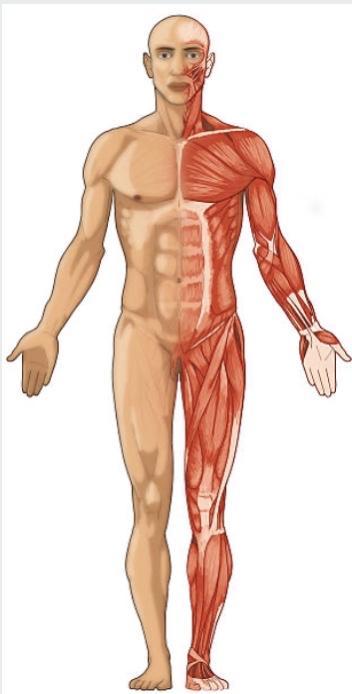
What do muscles do?
Why do we need strong muscles?
Muscles play a crucial role in the human body, performing various functions that are essential for movement, stability, and overall health. Here are some key functions of muscles:
1. Movement:
Muscles are responsible for producing movement in the body. When muscles contract and relax, they create force that allows us to move our limbs, walk, run, lift objects, and perform various activities.
2. Posture:
Muscles help maintain proper posture and alignment of the body. They provide support to the skeletal system and help us stand, sit, and move in an upright position.
3. Joint Stability:
Muscles surrounding joints provide stability and support, helping to prevent injuries and maintain joint integrity during movement.
4. Heat Generation:
Muscles generate heat when they contract, which helps regulate body temperature and maintain optimal internal conditions.
5. Metabolism:
Muscle tissue is metabolically active, meaning it burns calories even at rest. Building and maintaining muscle mass can boost metabolism and contribute to weight management.
6. Protection:
Muscles protect internal organs and structures by providing a layer of cushioning and support around vital areas.
7. Blood Circulation:
Muscles assist in blood circulation by contracting and relaxing, helping to pump blood back to the heart and improve overall cardiovascular function. Overall, muscles are vital for movement, strength, stability, and overall well-being. Regular exercise, including weight training, is important for maintaining muscle health and function.

